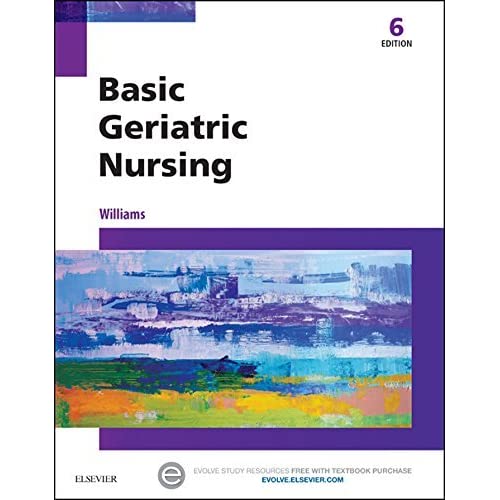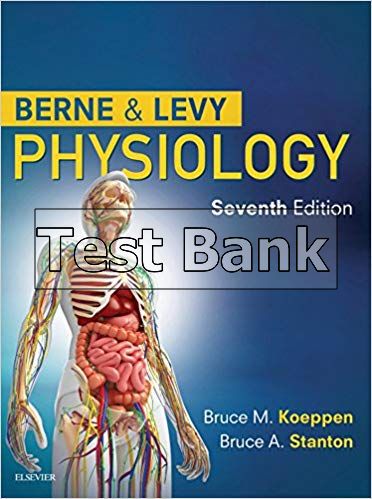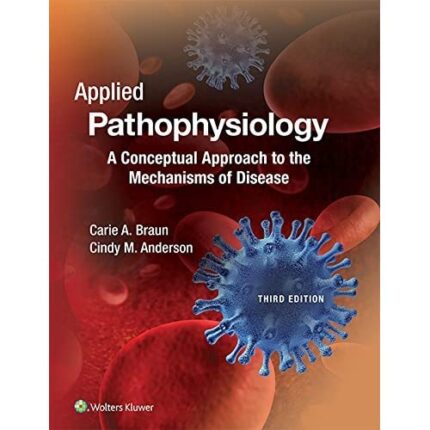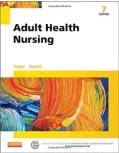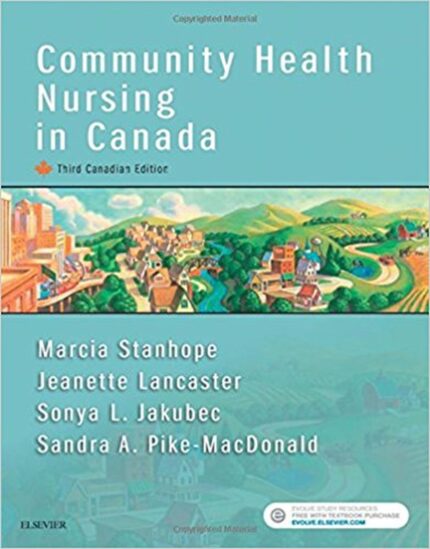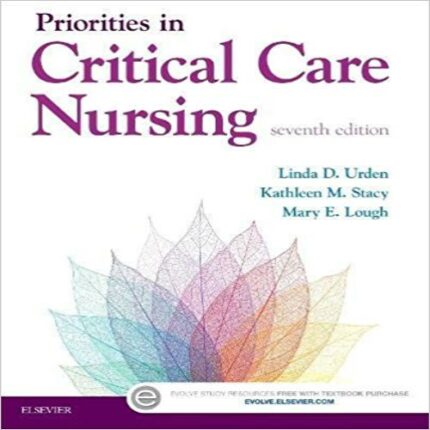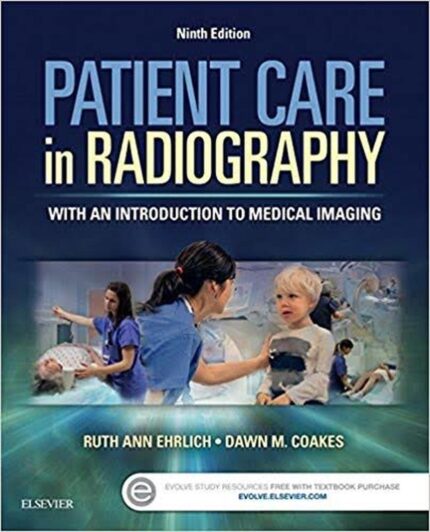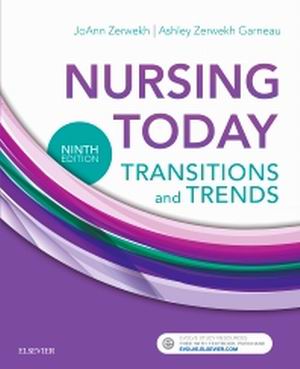Test Bank for Basic Geriatric Nursing 6th Edition Williams
Test Bank for Basic Geriatric Nursing 6th Edition by Williams
Test Bank Basic Geriatric Nursing 6th Edition
Basic Geriatric Nursing 6th Edition by Williams – Test Bank
Basic Geriatric Nursing 6th Edition by Williams
Basic Geriatric Nursing 6th Edition
Chapter 01: Trends and Issues
Test Bank
MULTIPLE CHOICE
1. What fact explains the shift of health care focus toward the older adult in the late 1960s?
a. Disability was viewed as unavoidable.
b. Complications from the disease increased mortality.
c. Older adults’ needs are similar to those of all adults.
d. Preventive health care practices increased longevity.
ANS: D
Increased preventive health care practices, disease control, and focus on wellness helped
people live longer.
DIF: Cognitive Level: Comprehension REF: p. 1 OBJ: 2
TOP: Aging Trends KEY: Nursing Process Step: Implementation
MSC: NCLEX: Health Promotion and Maintenance: Growth and Development
2. To what age group does the term “aged” apply?
a. 55–64 years of age
b. 65–74 years of age
c. 75–84 years of age
d. 85 and older
ANS: C
The term aged refers to a person
s why
on
reG7T
5–B8.4CyeO
Mrs of age.
DIF: Cognitive Level: Knowledge REF: p. 2 OBJ: 1
TOP: Age Categories KEY: Nursing Process Step: Implementation
MSC: NCLEX: Health Promotion and Maintenance: Growth and Development
3. Which of the following is true of ageism?
a. It is discrimination against persons solely on the basis of age.
b. It causes a person to fear to age.
c. It involves the use of cultural sensitivity to address concerns of aging.
d. It focuses on resources for the older adult.
ANS: A
Ageism is a negative belief pattern that influences persons to discriminate against persons
solely on the basis of age and can lead to destructive behaviors toward the older adult.
DIF: Cognitive Level: Comprehension REF: p. 4 OBJ: 3
TOP: Ageism KEY: Nursing Process Step: Implementation
MSC: NCLEX: Psychosocial Integrity: Psychosocial Adaptation
4. What is the most beneficial legislation that has influenced health care for older adult?
a. Medicare and Medicaid
b. Elimination of the mandatory retirement age
Basic Geriatric Nursing 6th Edition Williams Test Bank
c. The Americans with Disabilities Act
d. The Drug Benefit Program
ANS: A
The broadest sweeping legislation beneficial to an older adults is Medicare and Medicaid. The
elimination of the mandatory retirement age does not apply to health care. The Americans
with Disabilities Act deals with all Americans with disabilities, not just older adults. The
Drug Benefit Program was added to Medicare but deals only with medications.
DIF: Cognitive Level: Comprehension REF: pp. 15-16 OBJ: 6
TOP: Legislation KEY: Nursing Process Step: Implementation
MSC: NCLEX: N/A
5. What housing option for the older adult offers the privacy of an apartment with
restaurant-style meals and some medical and personal care services?
a. Government-subsidized housing
b. Long-term care facility
c. Assisted-living center
d. Group housing plan
ANS: C
Assisted-living arrangements offer the privacy of an apartment or condominium with meals
prepared and served limited medical care, and a variety of personal services.
DIF: Cognitive Level: Knowledge REF: p. 13 OBJ: 9
TOP: Housing Options KEY: Nursing Process Step: Implementation
MSC: NCLEX: Physiological Integrity: Physiological Adaptation
6. The 75-year-old man who has been hospitalized following a severe case of pneumonia is
concerned about his mounting hospital bill and asks if his Medicare coverage will pay for his
care. What would be the most hUelpSfulNrespTonse by the nurse?
a. Medicare Part C pays 50% of all medical costs for persons older than 65.
b. Medicare Part B pays hospital costs and physician fees.
c. Medicare Part A pays for inpatient hospital costs.
d. Medicare Part D pays 80% of the charges made by physicians.
ANS: C
Medicare Part A pays inpatient hospital costs, Part B pays 80% of physician’s charges, and
Part D helps defray prescription drug costs. Medicare Part C allows individuals to receive
health insurance through private insurance companies and typically pays entire costs.
DIF: Cognitive Level: Application REF: p. 15 OBJ: 6
TOP: Medicare Provisions KEY: Nursing Process Step: Implementation
MSC: NCLEX: Psychosocial Integrity: Coping and Adaptation

